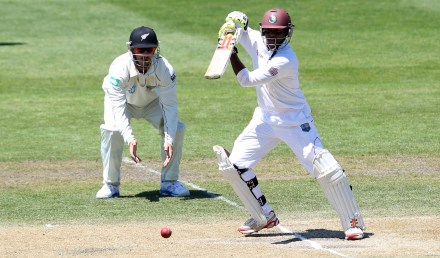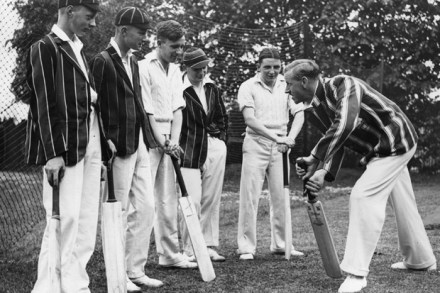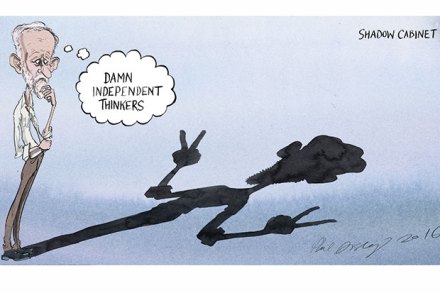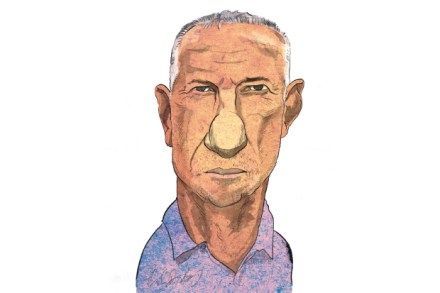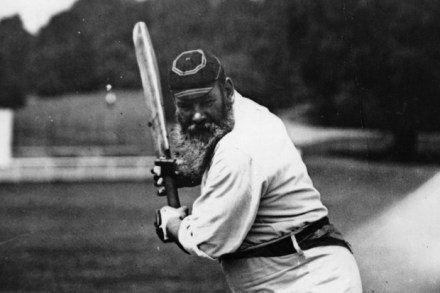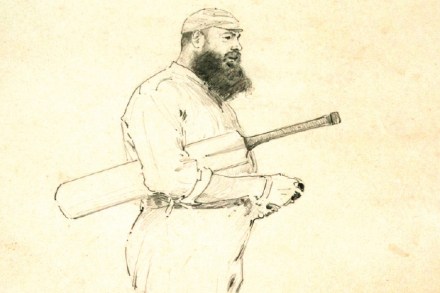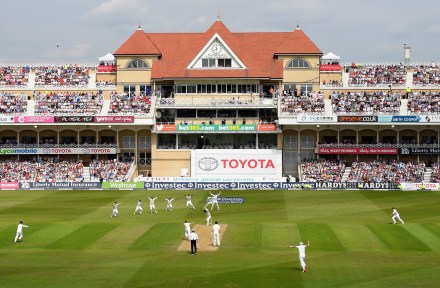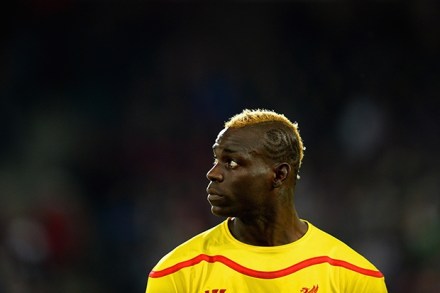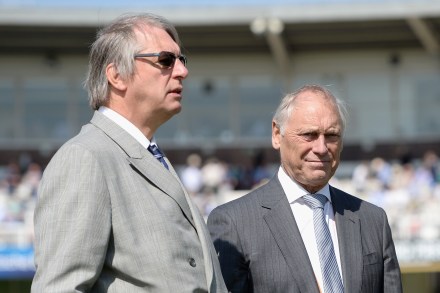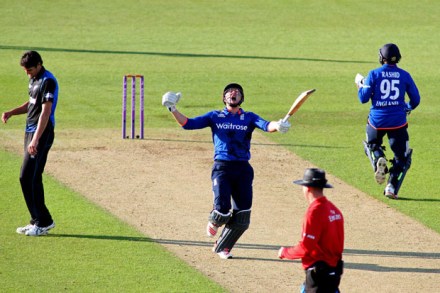Cricket needs the West Indies
In the north of Antigua, just by the medical school, is a neat little cricket ground. It was a bit overgrown and bedraggled when I drove past the other day, but the small stand was still there, the changing rooms, the peeling scoreboard, and the sails of the kite-surfers dancing skittishly out on the Caribbean. It was all different in 2013 when a team of us from the UK played in a T20 match against a student side. The mid-afternoon start was breezy, the outfield rugged, but the ground was quite full of youngsters who had come to watch their friends give a pasting to a bunch of ageing overweight




